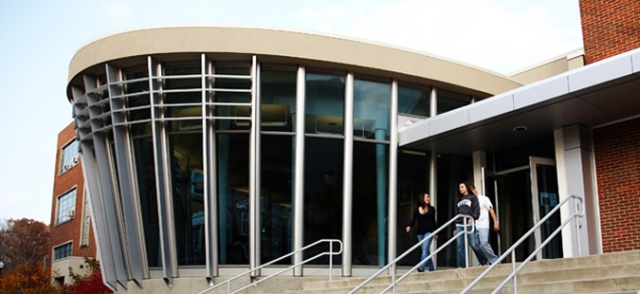Document Type
Article
Publication Date
8-19-2022
Publication Source
Journal of Global Antimicrobial Resistance
Abstract
Objectives: Pseudomonas aeruginosa is one of the leading causes of healthcare-associated infections globally. High-risk carbapenemase-encoding P. aeruginosa clones are disseminating in many regions. The aim of this study was to learn more about the lineages and mechanisms of resistance of P. aeruginosa circulating in Peru.
Methods: A total of 141 carbapenemase-producing isolates recovered from hospitalized and ambulatory patients in Lima were sequenced and analyzed to infer their lineages through whole-genome sequence typing (wgST) and to identify their antimicrobial resistance genes.
Results: wgST identified nine sequence types (STs); ST111 and ST357 were the most frequently encountered (44.0% and 38.3%, respectively), followed by ST179 (8.5%), with the remaining six detected only sporadically. Among ST357 isolates, 96.3% carried the novel blaIMP-93 allele, whereas the remainder harbored blaIMP-74. 74.2% of ST111 isolates co-harbored blaIMP-18 and blaVIM-2, while the rest carried either of these genes individually. All other ST lineages carried a single carbapenemase, which was either blaIMP-16, blaIMP-74, or blaVIM-2.
Conclusion: Our study shows that the high-risk P. aeruginosa clones ST357, which harbors the novel blaIMP-93, and ST111, which carries blaIMP-18 and blaVIM-2, have apparently become endemic in the region.
Inclusive pages
135-140
ISBN/ISSN
Online ISSN: 2213-7173; Print ISSN: 2213-7165
Document Version
Published Version
Publisher
Elsevier
Volume
31
Peer Reviewed
yes
Keywords
Carbapenemase; Drug resistance; Pseudomonas aeruginosa
Sponsoring Agency
This study was funded by Cepheid.
eCommons Citation
Tickler, Isabella A.; Torre, Juan Carlos Gomez De La; Alvarado, Luis; Obradovich, Anne E.; and Tenover, Fred C., "Mechanisms of Carbapenemase-Mediated Resistance among High-Risk Pseudomonas aeruginosa Lineages in Peru" (2022). Biology Faculty Publications. 353.
https://ecommons.udayton.edu/bio_fac_pub/353
Included in
Biology Commons, Biotechnology Commons, Cell Biology Commons, Genetics Commons, Microbiology Commons, Molecular Genetics Commons




Comments
This document is made available for download in compliance with the publisher’s open-access policy. Permission documentation is on file.